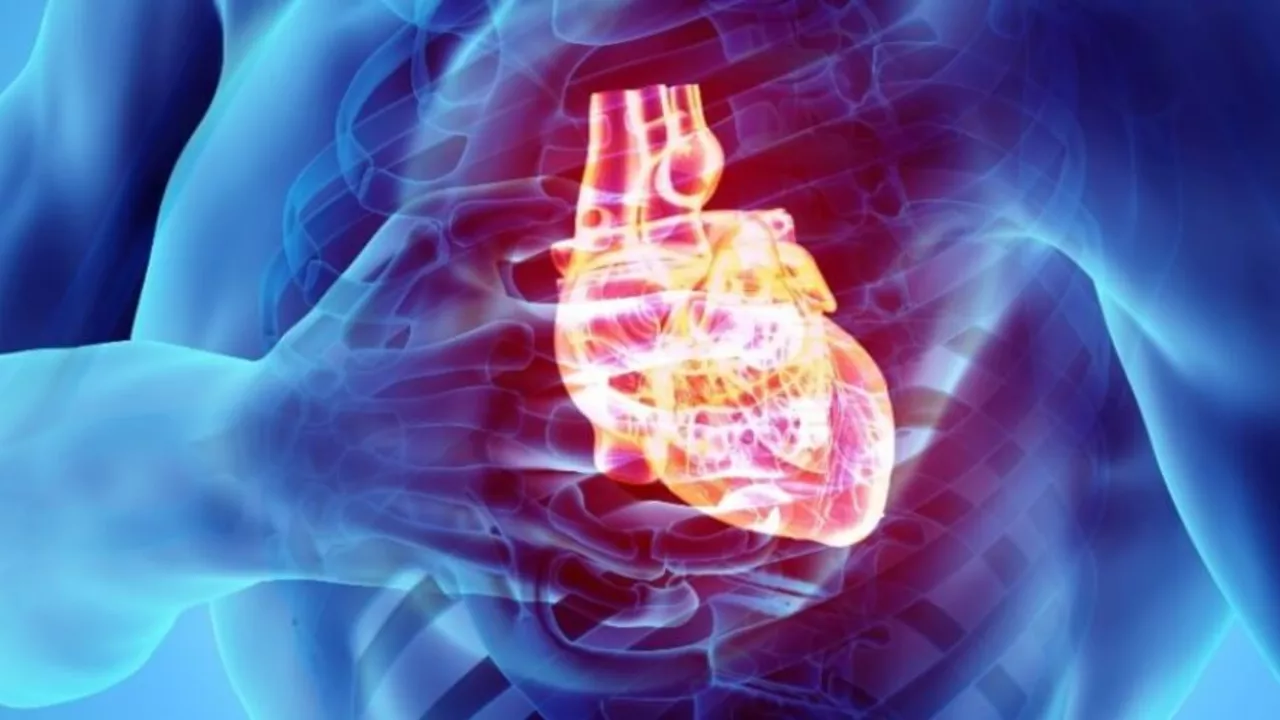Understanding Gas, Acidity, and their Symptoms
Before we delve into the connection between gas, acidity, and cardiac arrest, it's important to fully understand what these terms mean. Gas and acidity are common digestive problems that affect many people worldwide. Gas, or bloating, occurs when the body is unable to efficiently break down and digest certain foods. On the other hand, acidity is typically caused by an imbalance in the stomach's acid levels, often leading to heartburn or acid reflux.
Gas and acidity can cause discomfort and embarrassment, but are they potentially life-threatening? The symptoms associated with these conditions can sometimes mimic those of more serious heart conditions, causing unnecessary anxiety. Some people experience chest pain, which can be mistaken for a heart attack. However, it's crucial to differentiate between the two to avoid panic and ensure proper treatment.
Exploring the Connection between Gas, Acidity, and Heart Conditions
There's a common misconception that gas and acidity can cause cardiac arrest. While these digestive issues may lead to discomfort and mimic heart attack symptoms, they don't directly cause cardiac arrest. However, it's important to note that chronic heartburn can damage the esophagus over time, leading to conditions like Barrett's esophagus, which has been linked to an increased risk of developing esophageal cancer.
Another potential link between these digestive problems and heart conditions is stress. Chronic stress, often associated with persistent digestive issues, can contribute to heart disease. Therefore, while gas and acidity don't directly cause heart problems, they might indirectly contribute to heart disease if they lead to chronic stress.
Responding to Symptoms: When to Seek Help
While gas and acidity are usually harmless, it's important to know when to seek medical help. If you experience severe or persistent chest pain, it's crucial to seek immediate medical attention. Even if the pain is due to gas or acidity, it's better to be safe than sorry.
Additionally, if your symptoms persist despite lifestyle changes and over-the-counter medication, it might be time to consult a healthcare professional. Persistent symptoms could indicate a more serious condition, such as gastroesophageal reflux disease (GERD), a chronic and more severe form of acid reflux.
Preventing Gas and Acidity
Prevention is always better than cure, and this holds true for gas and acidity. Simple lifestyle changes can significantly reduce your chances of facing these issues. Eating smaller, more frequent meals, avoiding trigger foods, and staying upright after eating can help reduce acidity. Regular exercise and maintaining a healthy weight can also help prevent both gas and acidity.
Moreover, avoiding stress can improve your digestive health and potentially reduce your risk of heart disease. Mindfulness techniques, such as meditation and deep breathing, can help manage stress levels.
Gas, Acidity, and Cardiac Arrest: Dispelling the Myths
Despite the common misconceptions, it's important to understand that gas and acidity don't directly cause cardiac arrest. However, they can cause discomfort and mimic heart attack symptoms, leading to unnecessary stress and anxiety. By understanding these conditions and how they relate to our heart health, we can better manage our symptoms and overall health.
It's crucial to remember that while digestive health is important, it's just one aspect of our overall well-being. A healthy diet, regular exercise, and stress management are all key components of good health, including heart health.
Conclusion: A Comprehensive Approach to Health
In conclusion, while gas and acidity can be uncomfortable and sometimes alarming, they don't directly cause cardiac arrest. However, these digestive issues can impact our quality of life and potentially contribute to chronic stress, which can indirectly affect our heart health.
Understanding our bodies and the interconnection between different health aspects is crucial in maintaining good health. It's important to adopt a comprehensive approach to health, addressing not just our digestive issues, but also our dietary habits, physical activity, and stress levels. After all, good health is a holistic endeavor, and every step we take towards it counts.

 Sports News
Sports News